
Citizenship by Algorithm
Narendra Modi transformed India’s biometric ID system from a tool for promoting social welfare into a mechanism of mass surveillance and disenfranchisement.
Opal Lee is a writer.

Narendra Modi transformed India’s biometric ID system from a tool for promoting social welfare into a mechanism of mass surveillance and disenfranchisement.
As borders tighten, the billions of dollars migrants send home are at risk — and so are the nations that rely on them.

The 1964 arrival of the Beatles in New York City, followed the Rolling Stones and Led Zeppelin, heralded two generations of British musicians’ finding massive success with US audiences. But the invasion is now over.
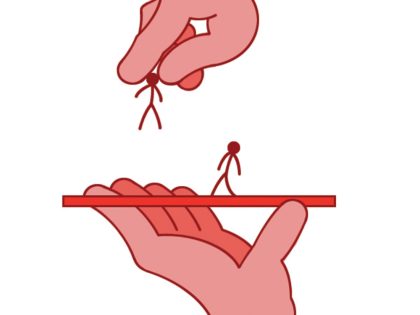
A quick guide to border hopping.

The memoirs of the Central African revolutionary tell the story of a woman who witnessed firsthand the ecstatic highs and tragic lows of the continent’s struggle for independence.

A unified squad could contend with the best America has to offer.

When and where organized labor’s been on the move.

Doubts about the colossal AUKUS military deal are growing. But Donald Trump’s protection-racket tactics and a subservient Australian political class mean it will probably survive.
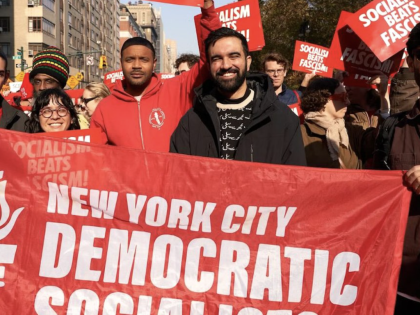
The Democratic Socialists of America’s recent convention in Chicago reflected the challenges of strengthening and expanding a socialist movement rooted in the working class that can effectively fight the genocide in Gaza.
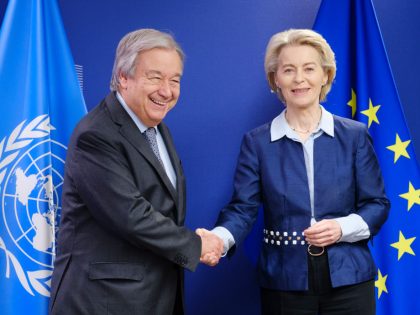
Liberals often explain today’s disorder as the work of authoritarians or populist agitators. What they miss is that the postwar consensus depended on conservatives, whose defection has left it in crisis.

Based on a forgotten Stephen King dystopian novel, The Long Walk wants to be an allegory for America’s grindset mania. But unlike other works in this genre, it fails to deliver a bang and instead ends with a whimper.
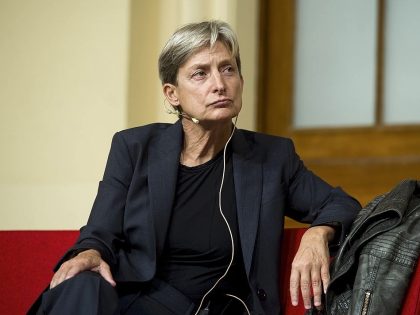
The University of California’s turning over of dossiers on 160 people under investigation for antisemitism, including Judith Butler, to the Trump administration has strong echoes of McCarthyism.
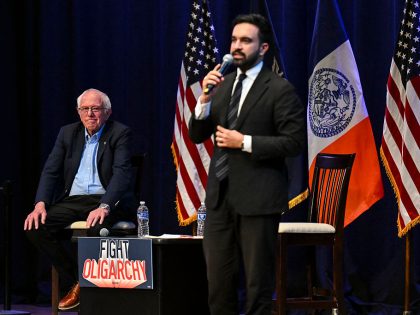
A national poll from Jacobin, DSA Fund, and Data for Progress finds broad support for democratic socialist leaders and left-wing policies.

Welcome to the fully privatized city, where the ultrarich can do as they please — no whining from the rabble permitted.
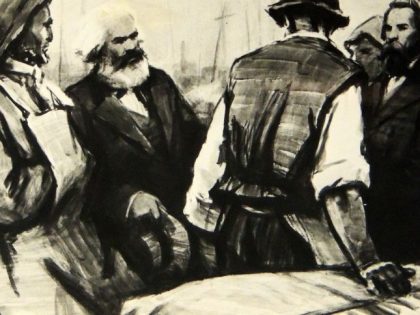
Some critics have accused Karl Marx of forcing world history into a narrow framework that presented European capitalism as a universal development model. A closer look at Marx’s late writings show how far removed that stereotype is from the truth.

Israel claimed that its bombing of a cabinet meeting in Yemen last month struck a “crushing blow” against the Ansar Allah movement. But the movement’s real leaders were not affected by the strike, and they have vowed to continue their attacks on Israel.

Canada’s New Democratic Party once rallied workers around a bold social democratic vision. The leadership contest now unfolding shows a center left so busy virtue signaling it forgets how to build power.

The raids at a Hyundai battery plant in Georgia earlier this month illustrate the impunity of Donald Trump’s brutal immigration crackdown. They also shine a spotlight on Hyundai’s labor practices, including exploitation of vulnerable migrant workers.

Tupac Shakur was murdered 29 years ago today. His status as a cultural icon is beyond dispute, but the legend that’s built up around his tragically short life has often overshadowed the radical political outlook that shaped his work.